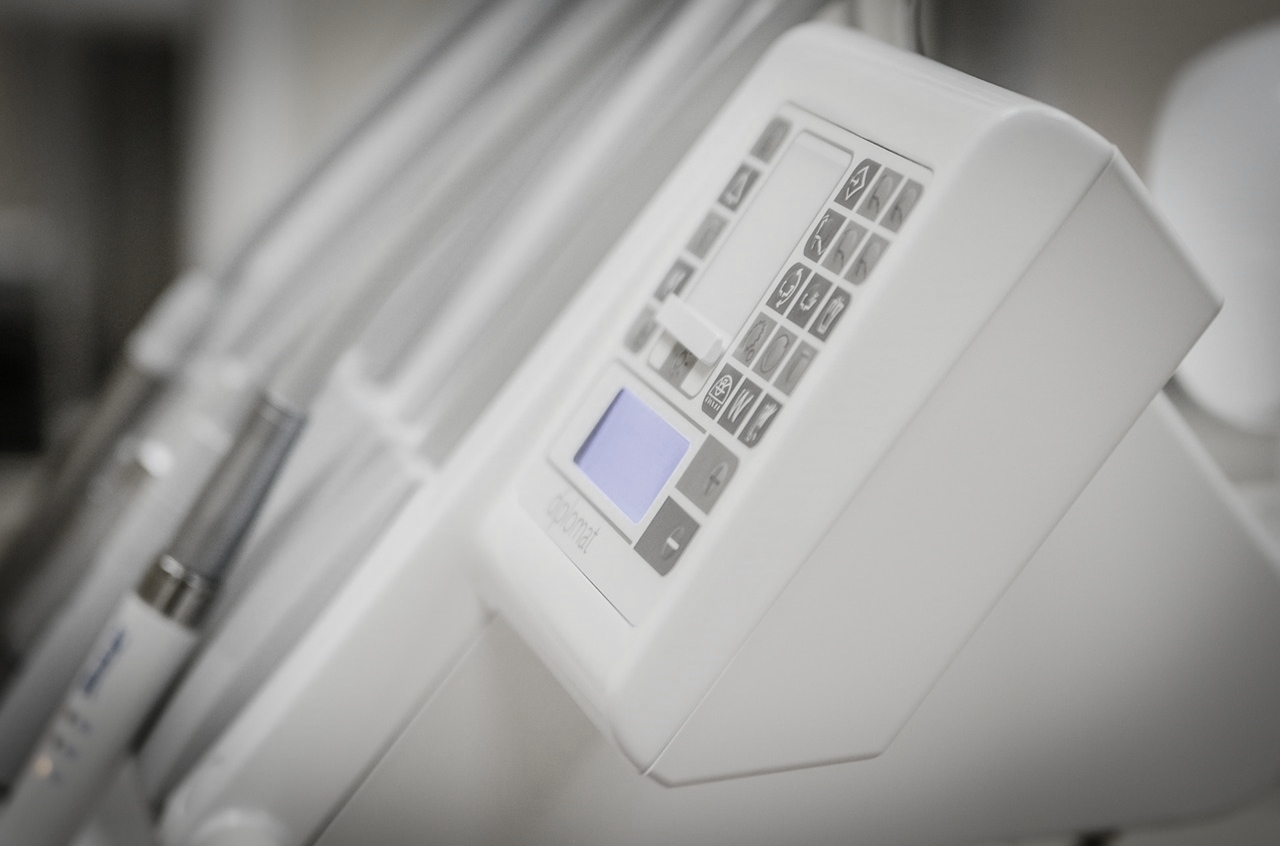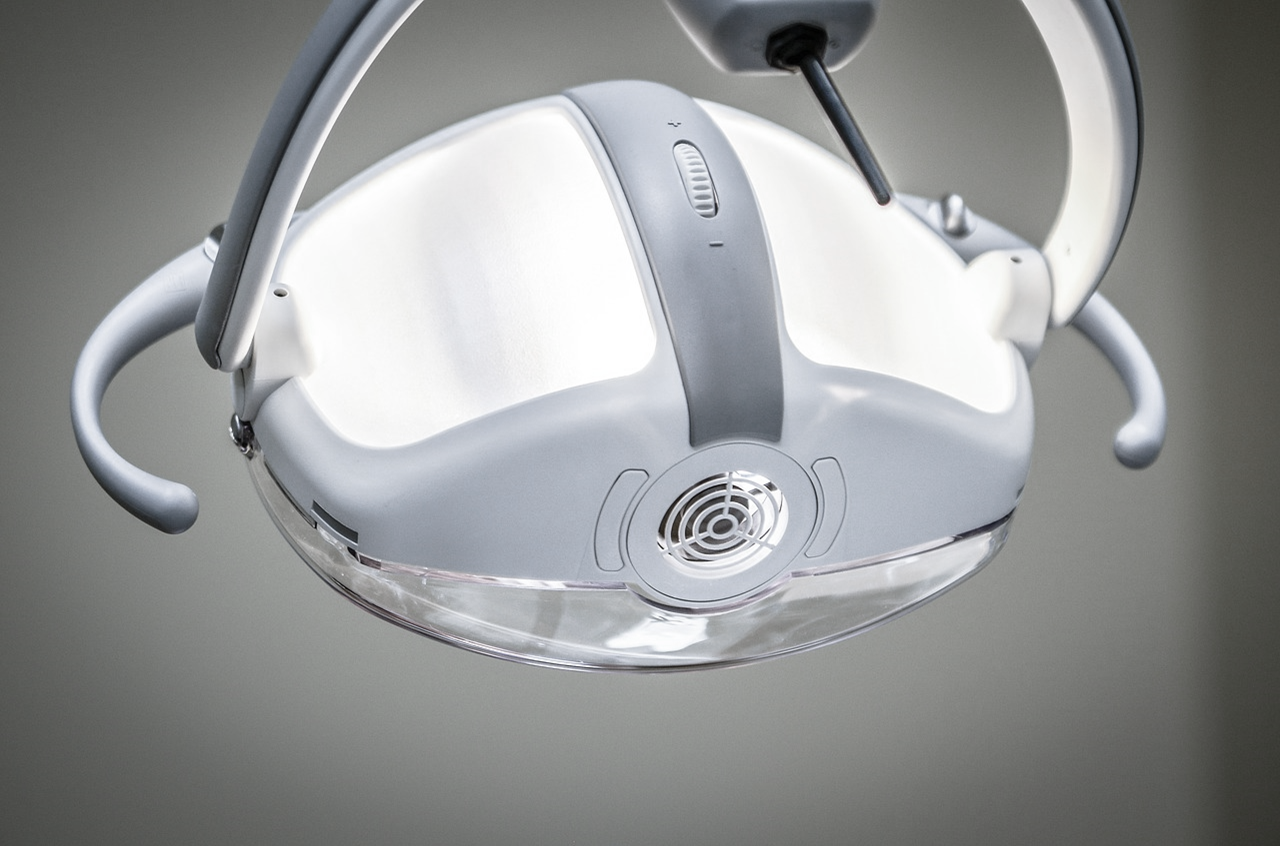
GP Premises: Do Your Covid 19 Measures Comply with Statutory Obligations?
Date: 18/12/2020 | Healthcare, Regulatory Law
One challenge that many medical practices have had to face in recent months is rethinking how they use their surgery premises and the measures required to ensure social distancing is possible and that staff and patients are adequately protected. When changing how the surgery premises is used it is essential that practice managers ensure that statutory compliance documentation is kept up to date to avoid significant problems and possible costly resolutions down the line.
This note highlights a number of key statutory obligations medical practices must consider when making changes to the surgery premises to meet the challenges posed by Covid 19, namely:-
Fire Risk Assessment
The Fire (Scotland) Act 2005 contains a legal requirement for surgery premises to have Fire Safety Risk Assessment and to implement the required fire safety works highlighted by the assessment. Failure to do so could result in fines or even a custodial sentence if negligence results in injury caused by fire. It also may invalidate the insurance applicable to the surgery premises.
It is recommended that a Fire Risk Assessment is updated once a year or when there has been a significant change which could affect the fire risk, such as a change in access to the surgery premises. Therefore, medical practices that have created a one-way system around the surgery premises or installed a secure entry system to control access to the building should review their fire risk assessment.
Disability Access Audit
Many people are now accessing GP services in a different way (i.e. online or through telephone consultations).
The Equality Act 2010 requires service providers to make “reasonable adjustments” to eliminate discrimination within the provision of their services. You are required to identify barriers to accessing the surgery premises and the services which the medical practice provides and to consider how these barriers could be removed.
Failure to comply with the legislation could result in fines being imposed. Individuals who are discriminated against can also bring a civil action against the organisation which discriminated against them.
It is essential that if changes have been made which could affect how services or the building is accessed, that medical practices review and update their disability access audit. As well as physical disabilities, it is essential that medical practices consider how the changes in the provision of services affect those with hidden disabilities and consider how any barriers posed to accessing these services are removed.
Building Control Documentation
Some medical practices may have been required to carry out alterations to the surgery premises in order to ensure the safety of patients and staff. Where building works or alterations are carried out to the surgery premises you will require a building warrant. A building warrant confirms that the works proposed will not affect the structural safety of the surgery premises.
Once the works specified in the building warrant have been completed, it is necessary to obtain a completion certificate which confirms that the works were carried out to the correct standard. Where a completion certificate is not obtained when the works are completed, but at a later date, the works carried out may be judged against a higher standard and you will be obliged to correct the difference.
The details of all works carried out at the surgery premises must be recorded in a specific document known as a health and safety file. You must keep this up to date as the practice will be required to exhibit it to funders and purchasers from time to time.
Please note that this article only details some of the statutory regulations relating to changes in how the surgery premises is used. Ensuring that you are aware of and complying with your statutory obligations is essential when operating your medical practice. Failure to comply with statutory obligations can have serious implications and the remedies for problems resulting from a lack of compliance can be costly and require you to divert time and resources away from running your medical practice. Davidson Chalmers Stewart’s Healthcare Team has extensive experience of advising medical practices on a range of statutory compliance issues. If you need advice on your statutory obligations in relation to your medical practice, speak to a member of the Davidson Chalmers Stewart Healthcare Team, who will be happy to help.

























































